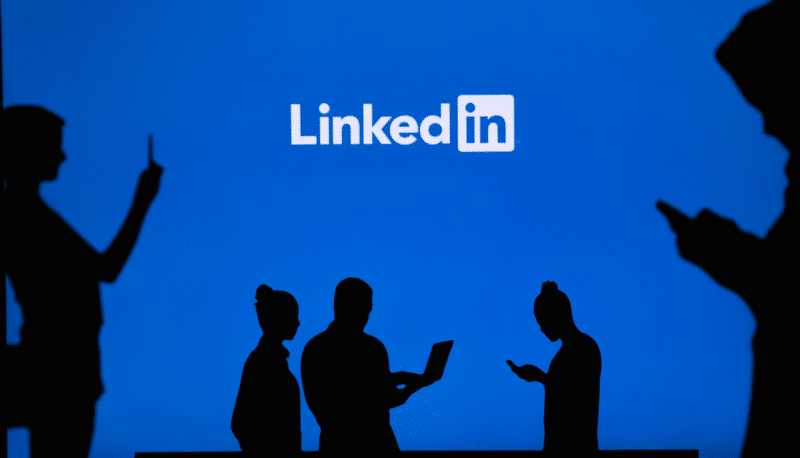
LinkedIn has confirmed it will stop allowing advertisers to target users based on data gleaned from their participation in LinkedIn Groups, following pressure from European regulators over potential violations of the Digital Services Act (DSA).
Why it matters. The move comes after a coalition of civil society groups filed a complaint with the European Commission in February, alleging LinkedIn’s ad targeting practices could enable discrimination based on sensitive user data like race, politics or sexual orientation.
Why we care. By removing the ability to create audiences based on LinkedIn Group memberships, a valuable targeting signal is now off the table for European campaigns. This could limit the precision and reach potential for certain ad campaigns.
The backdrop. LinkedIn first launched Groups in 2010 to connect users with shared interests, later doubling down on the feature within its main app from 2018 onwards.
Curbing concerns. While maintaining its practices complied with DSA rules, LinkedIn has now proactively removed the ability for advertisers to “create an advertising audience” in Europe using Group membership data.
The official line. “We made this change to prevent any misconception that ads to European members could be indirectly targeted based on special categories of data or related profiling categories.” as noted on the LinkedIn post from Patrick Corrigan, LinkedIn VP for legal and digital safety.
Regulatory reaction. “The Commission will monitor the effective implementation of LinkedIn’s public pledge to ensure full compliance with the DSA…It is positive to see the DSA delivering change that no other law has attained so far, in Europe and beyond.” Thierry Breton, EU Internal Market Commissioner in their official statement.
The bigger picture. LinkedIn’s voluntary move comes as its parent Microsoft already faces regulatory headwinds in Europe. It allows targeted ads to continue without using the potentially sensitive Group data.
https://searchengineland.com/linkedin-groups-user-targeting-443094